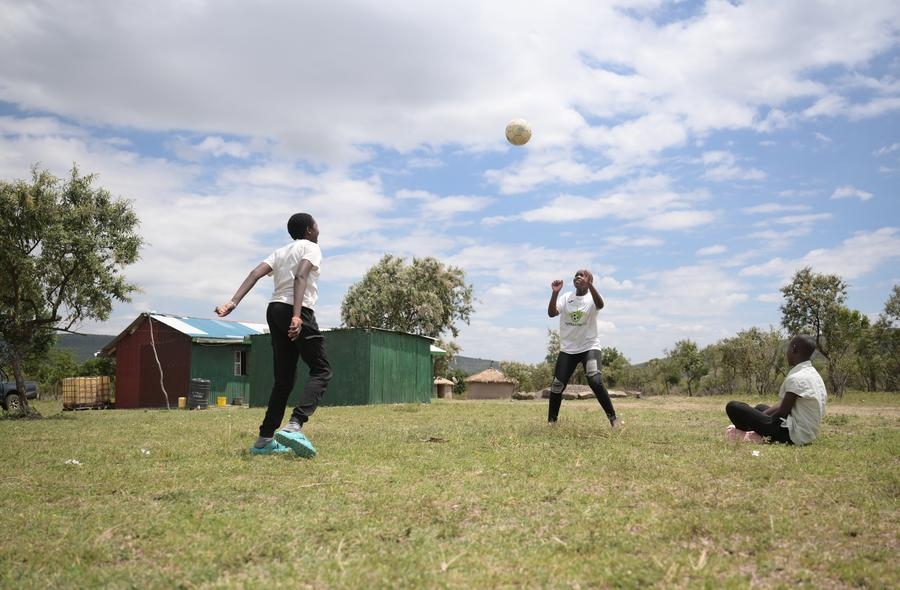Poverty has many faces. Sometimes you don’t have enough food, sometimes you sleep hungry.
At other times you are sent home because you have not paid school fees, or miss out on an opportunity to join a good secondary school that you qualified for because you cannot afford it.
You go through college and barely survive, then when looking for a job, you cannot find one because you do not have “connections”.
This is how Kenyan youth describe how poverty has affected them.Growing in poverty prepares one for the many life challenges that we go through, like nothing else can.
Take Sheila for example, she just joined Kibondeni College to train in Food and Beverage. The tall, elegant and confident lady from Busia tells her story of determination.
“It was late in November when my friend called me because she knew I was from a poor family and just at home since I completed Secondary School three years ago. She wanted me to do her a favour, baby sit her baby while she travelled to Nairobi for an interview for a scholarship.”
Determined to get out of the rut she felt she had been in for the last 3 years, she decided to look for bus fare instead and travel to Nairobi with the friend so that she could also try her luck.
“Getting this Safaricom Foundation scholarship to study at Kibondeni is the best thing to happen in my life. I want to be the world’s best Chef. I want to meet Thomas Keller one day, and tell him, that I have come to takeover from him when he retires,” jokes Sheila.
Ahmed heard about the scholarships after driving the camels home.
In Mandera, youth from poor households are employed as herds boys, and this becomes their lifelong occupation. The only time you stop doing this is when you get old.
“I overheard someone saying that there were scholarships for training in skills. Even though I only completed primary school, I decided to apply,” says the young man.
Ahmed wants to be a top plumber and is now training at the Mabati Technical Training Centre in Mariakani.
These are just some of the stories of determination we have heard from youth from extremely poor backgrounds now studying for various courses. In Kenya, youth from poor families lack access to education and training.
Research shows that when one is poor, they are less likely to complete secondary education. Poverty is then recycled, because children of less-educated parents are also less likely to complete school.
Poverty has then yielded a generational curse for many families.On the other hand, when they do, youth from poor families can only join the nearby vocational training centre. Run by the county governments, most of these centres lack proper facilities and qualified trainers. Youth graduate with inferior skills, and the most they can do is be contented with menial jobs that won’t pay enough to make a decent living.
The better institutions, National Polytechnics andTechnical Training Colleges are often further, costlier, require higher education qualifications and out of reach for many youth from very poor backgrounds.
The Safaricom Foundation scholarship has demonstrated that even youth who only have primary education (or none) can access and thrive in quality training. The training programme seeks to break generational poverty through transforming poor youth into top-notch plumbers, electricians, welders and chefs.
The youth include those with disabilities, and are drawn from 11 counties in Kenya, including Mandera, Marsabit, Isiolo and West Pokot.
The Writer is Executive Director at Zizi Afrique, [email protected]












